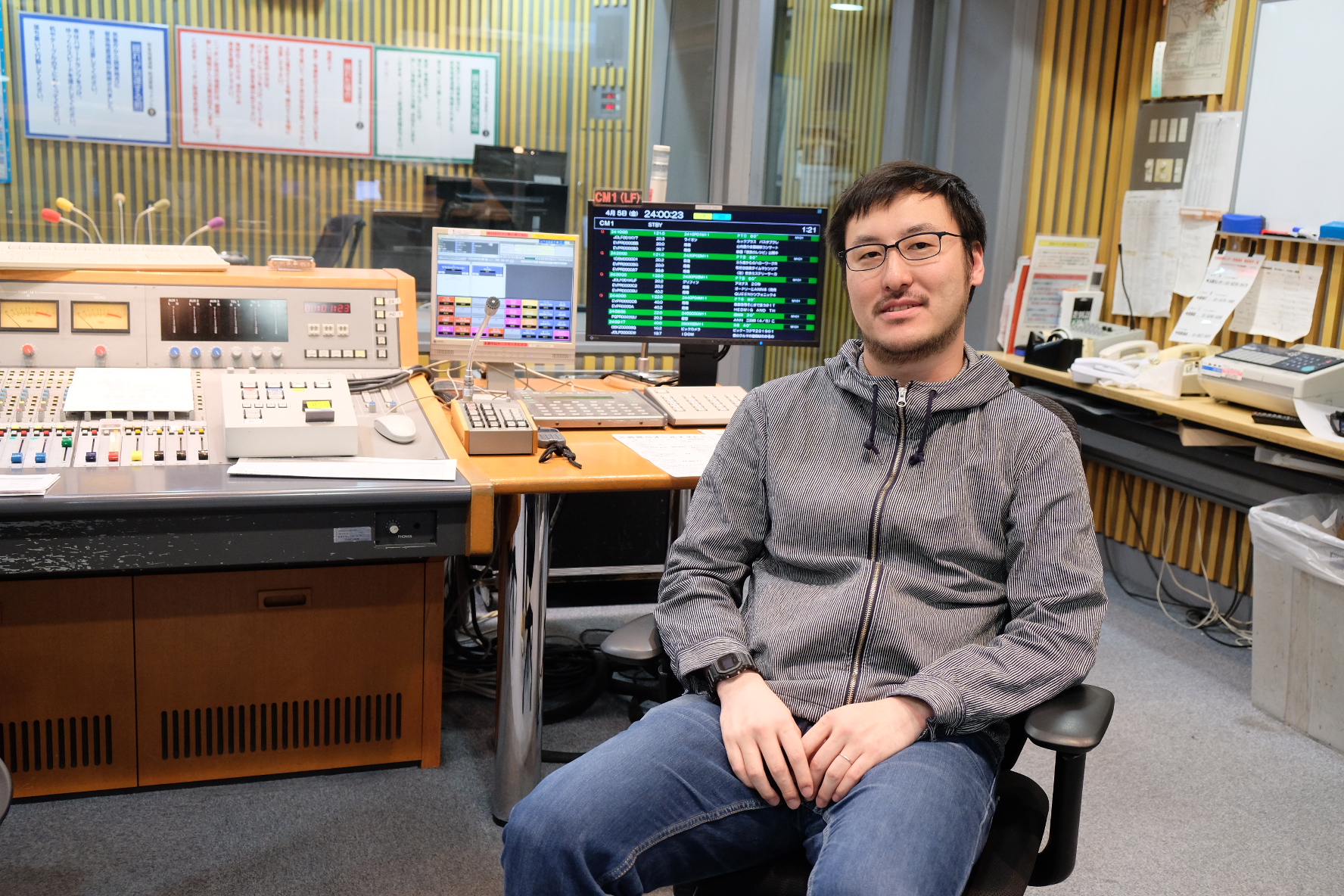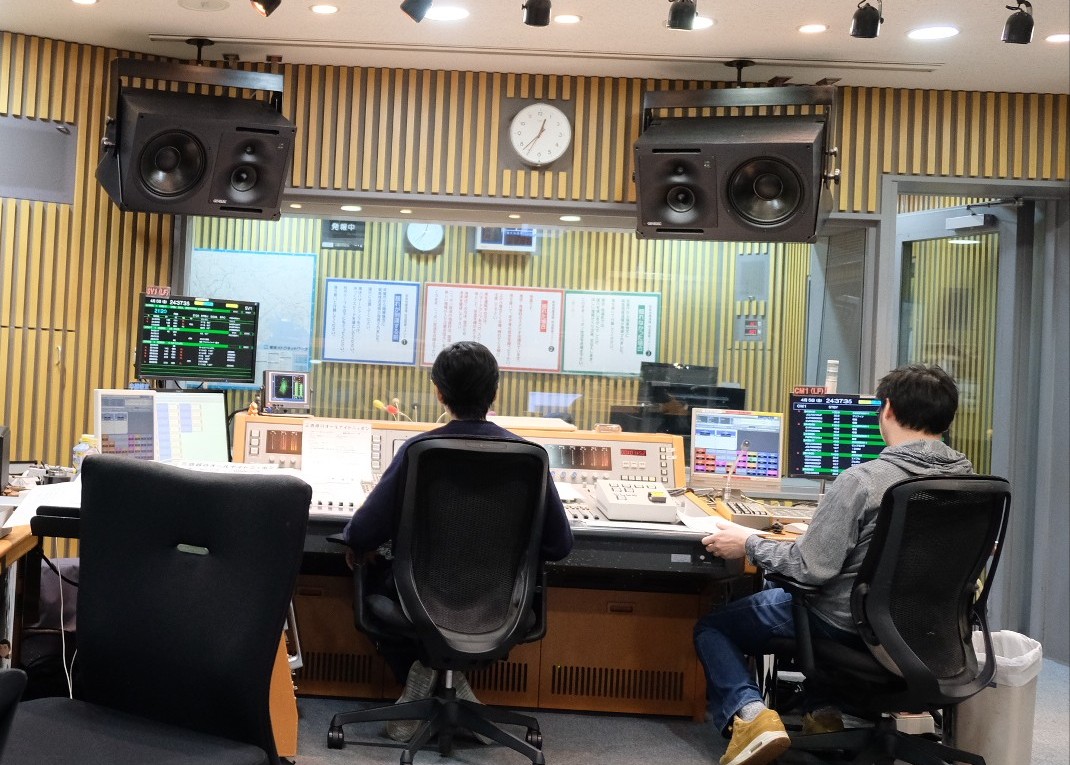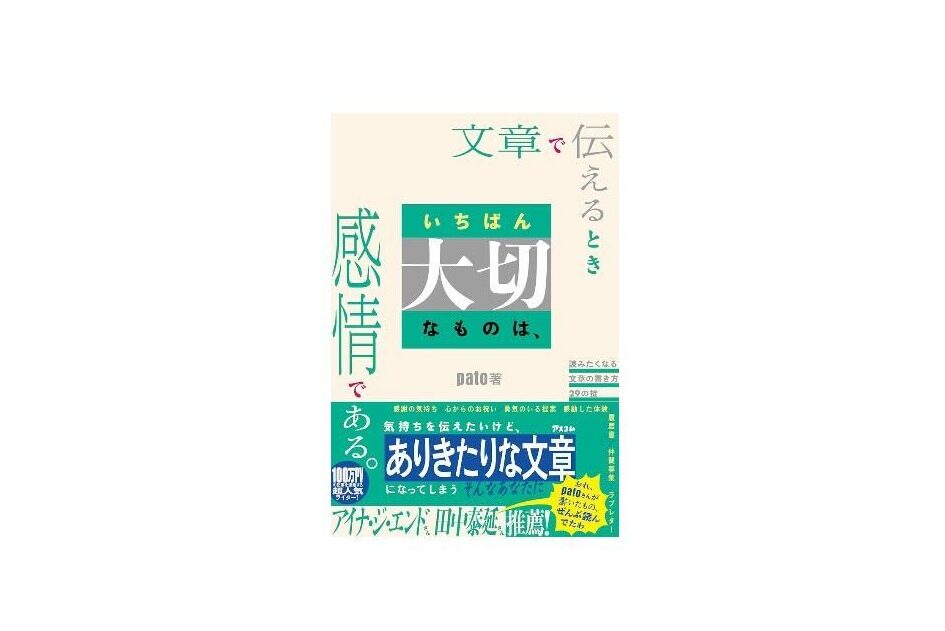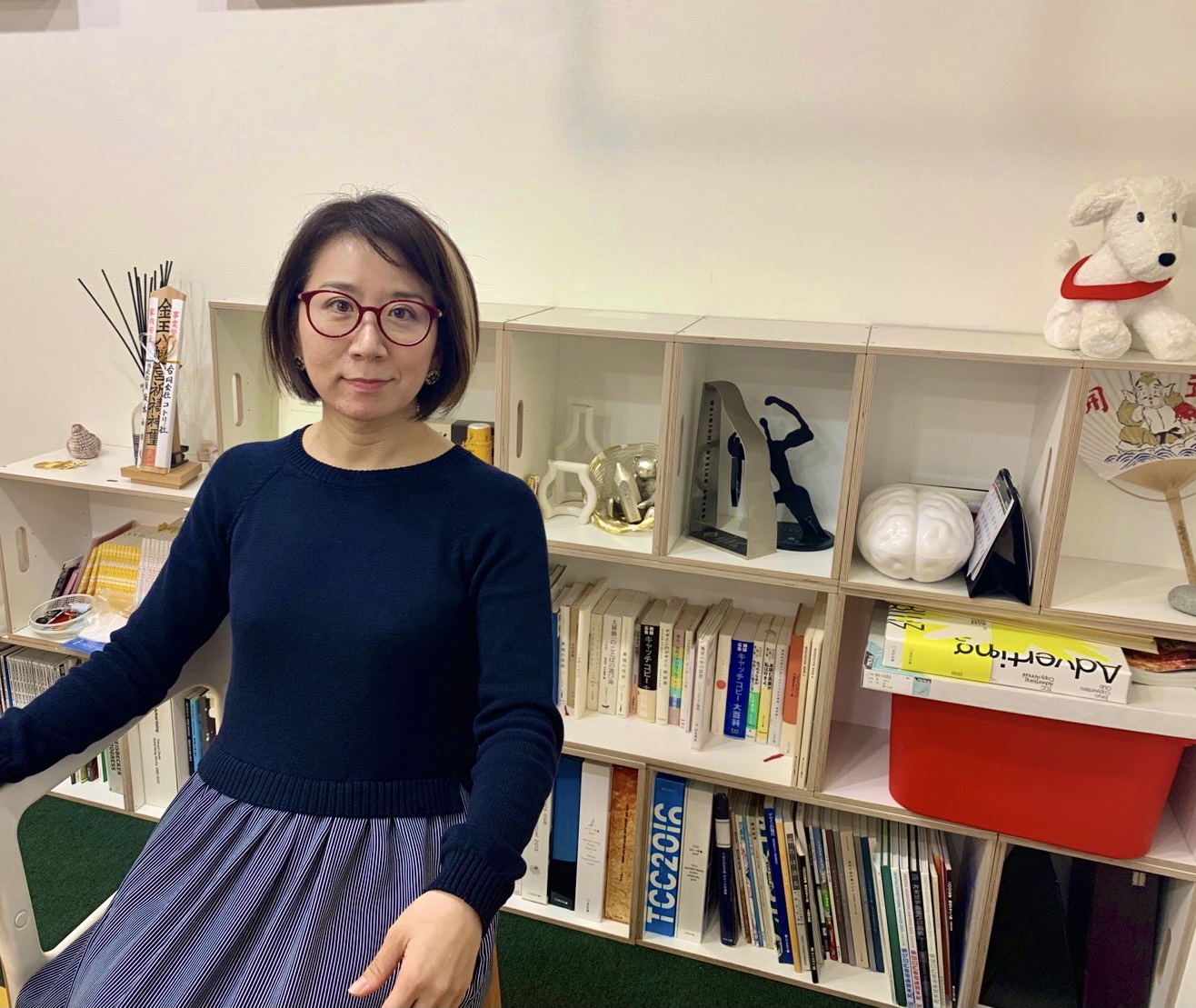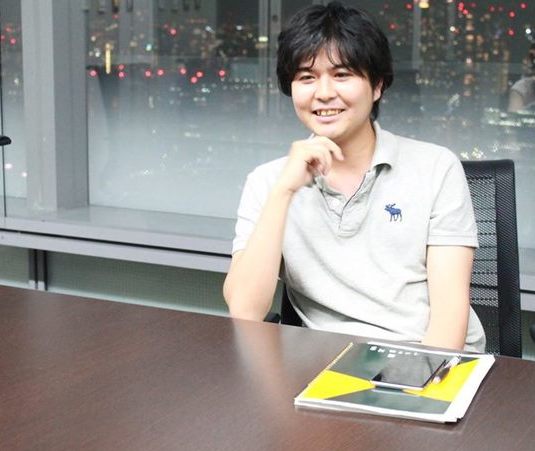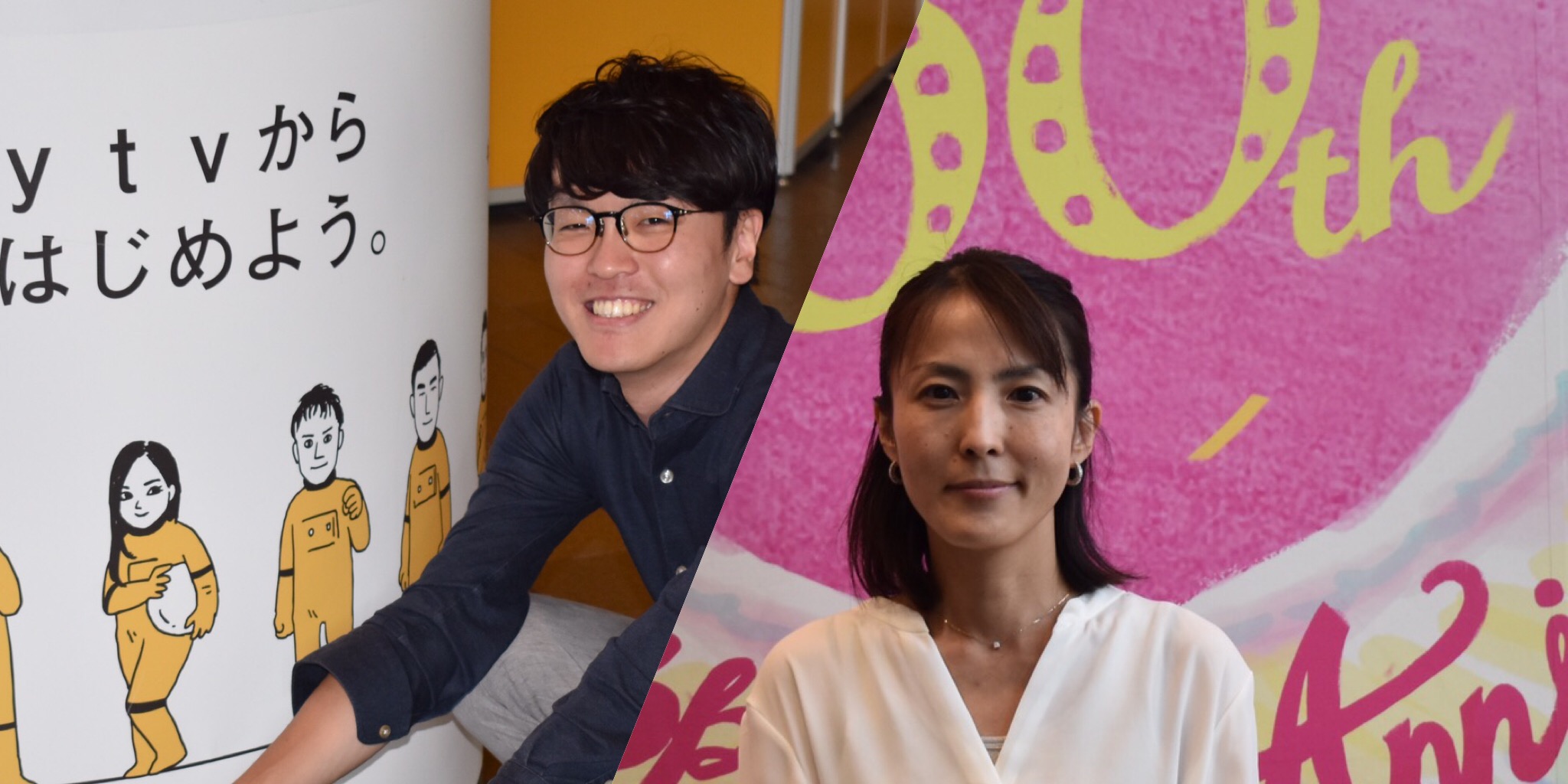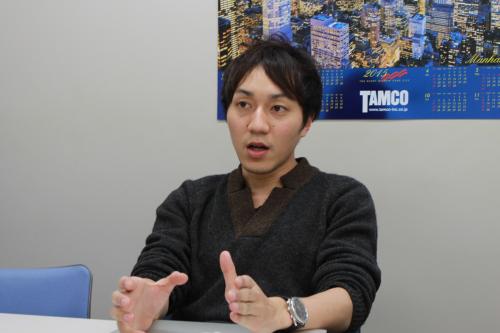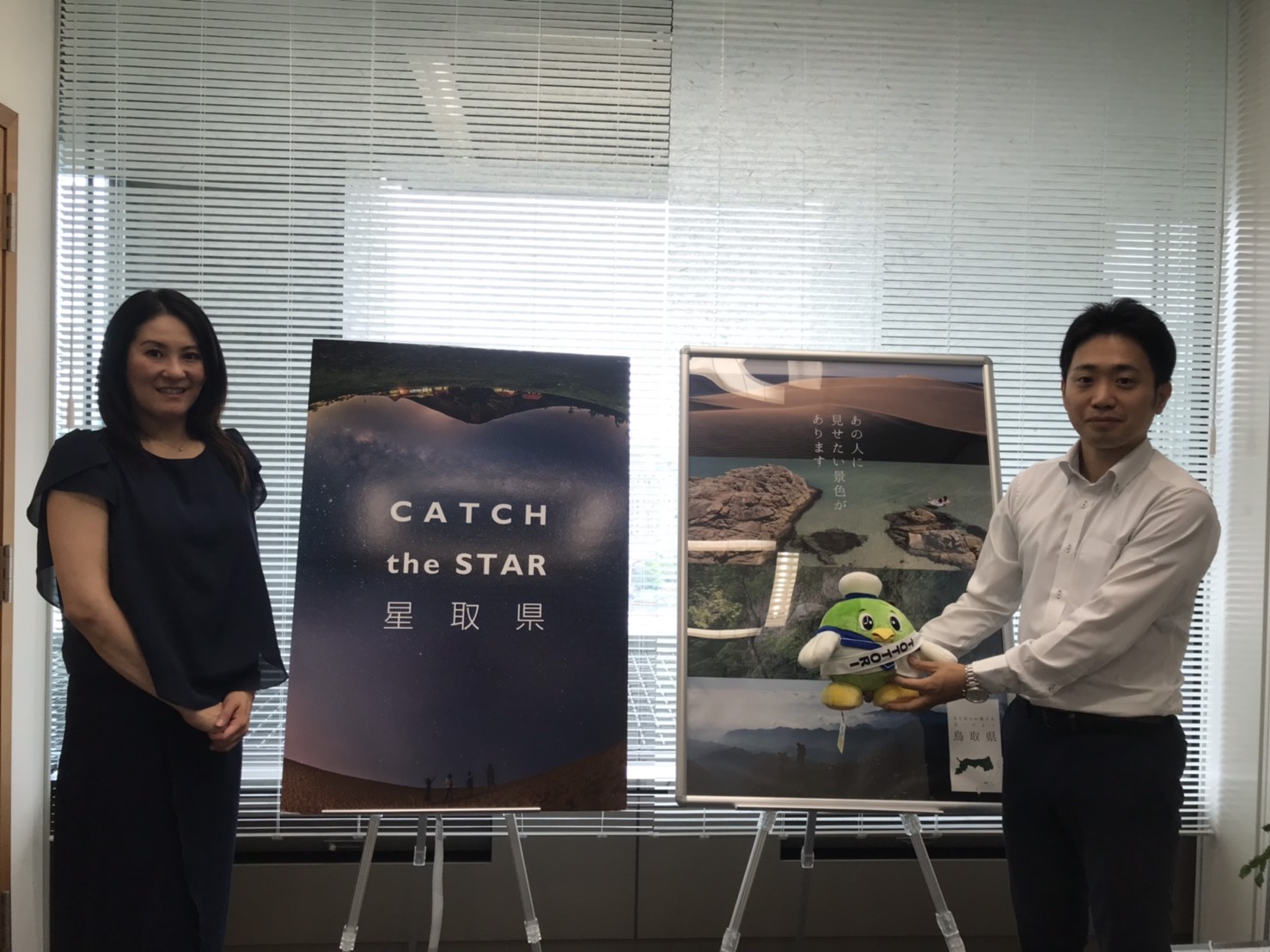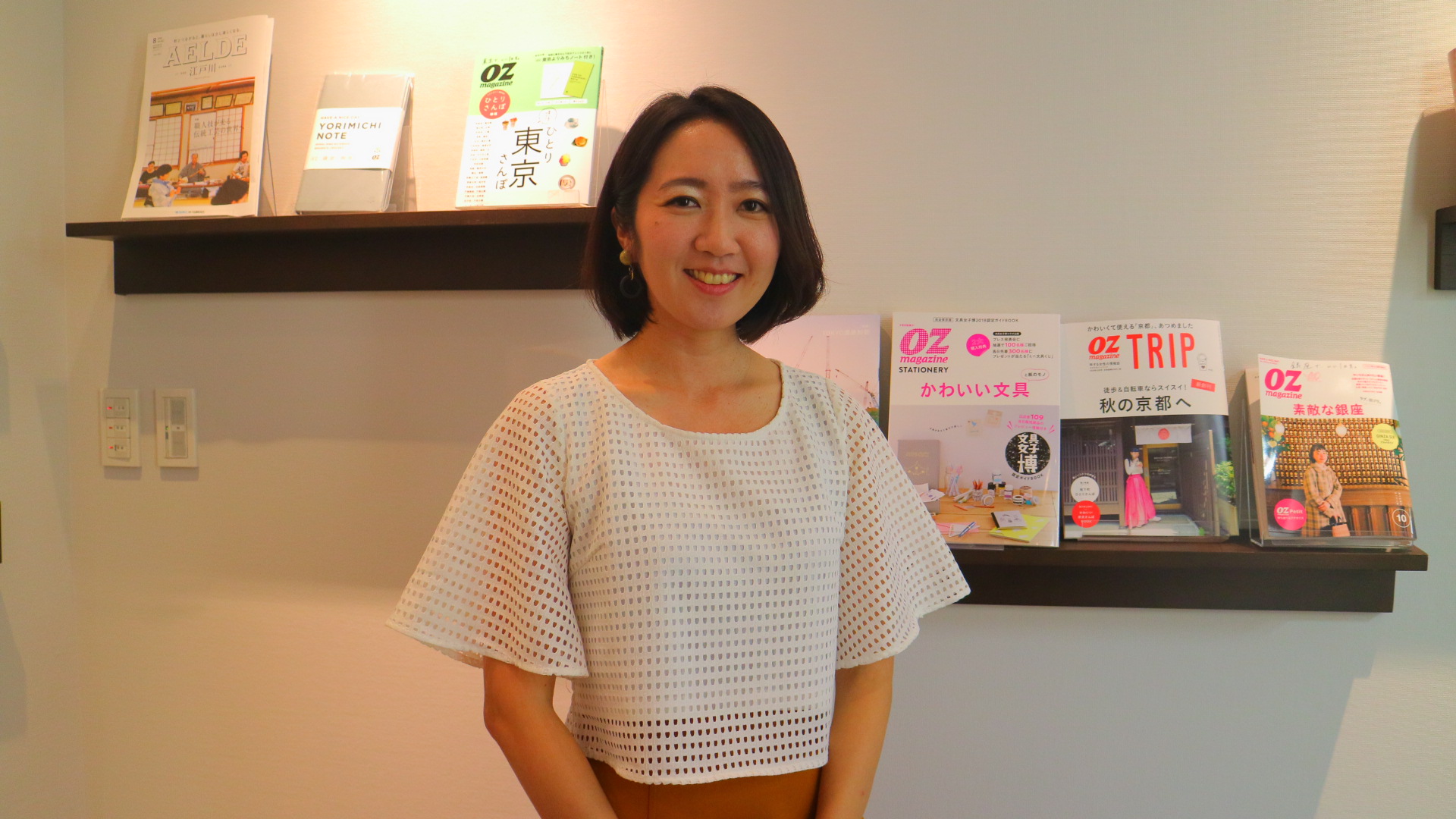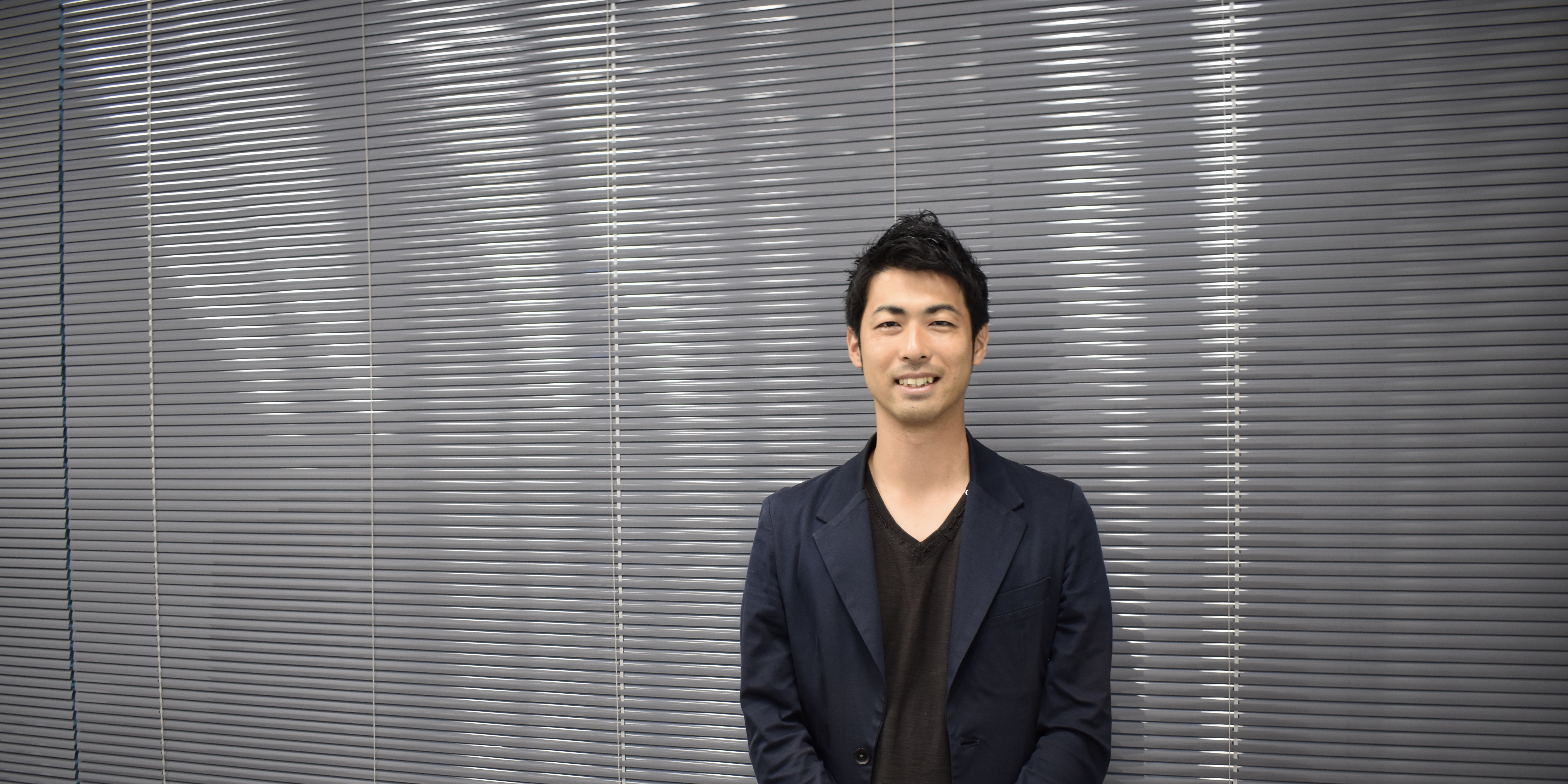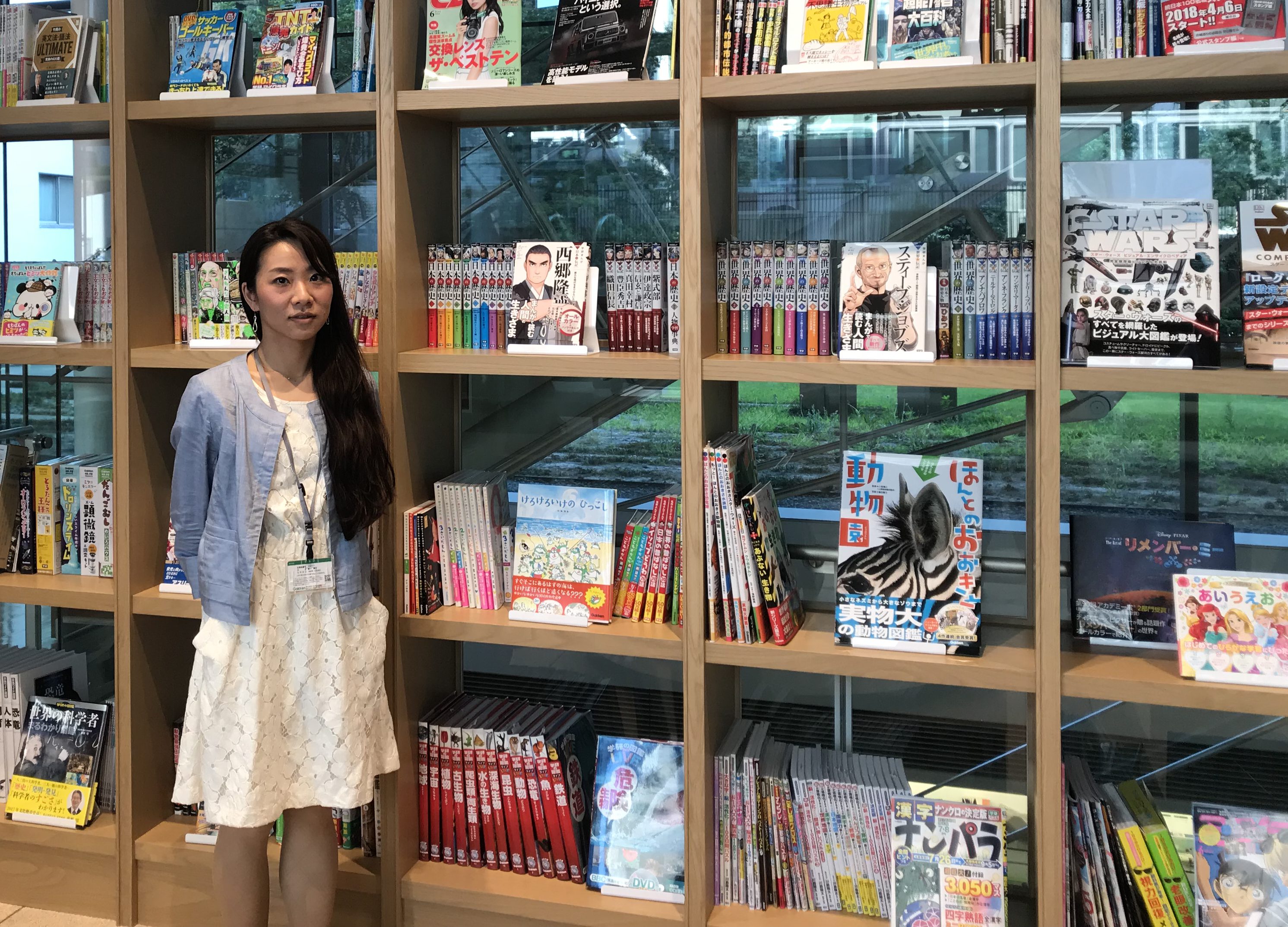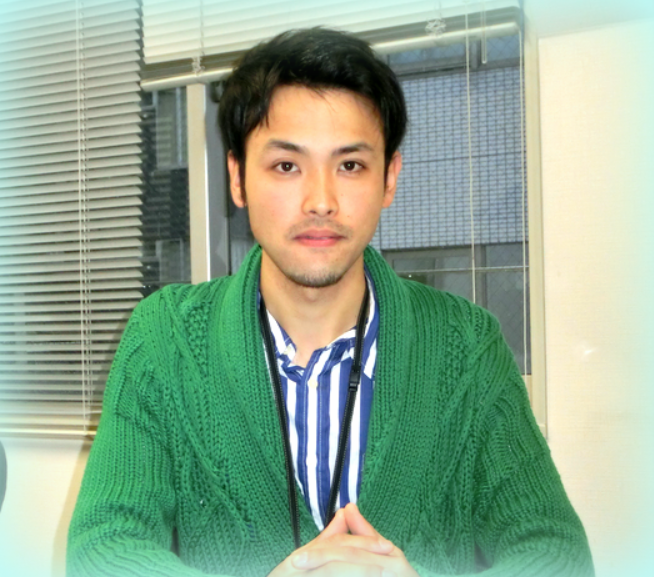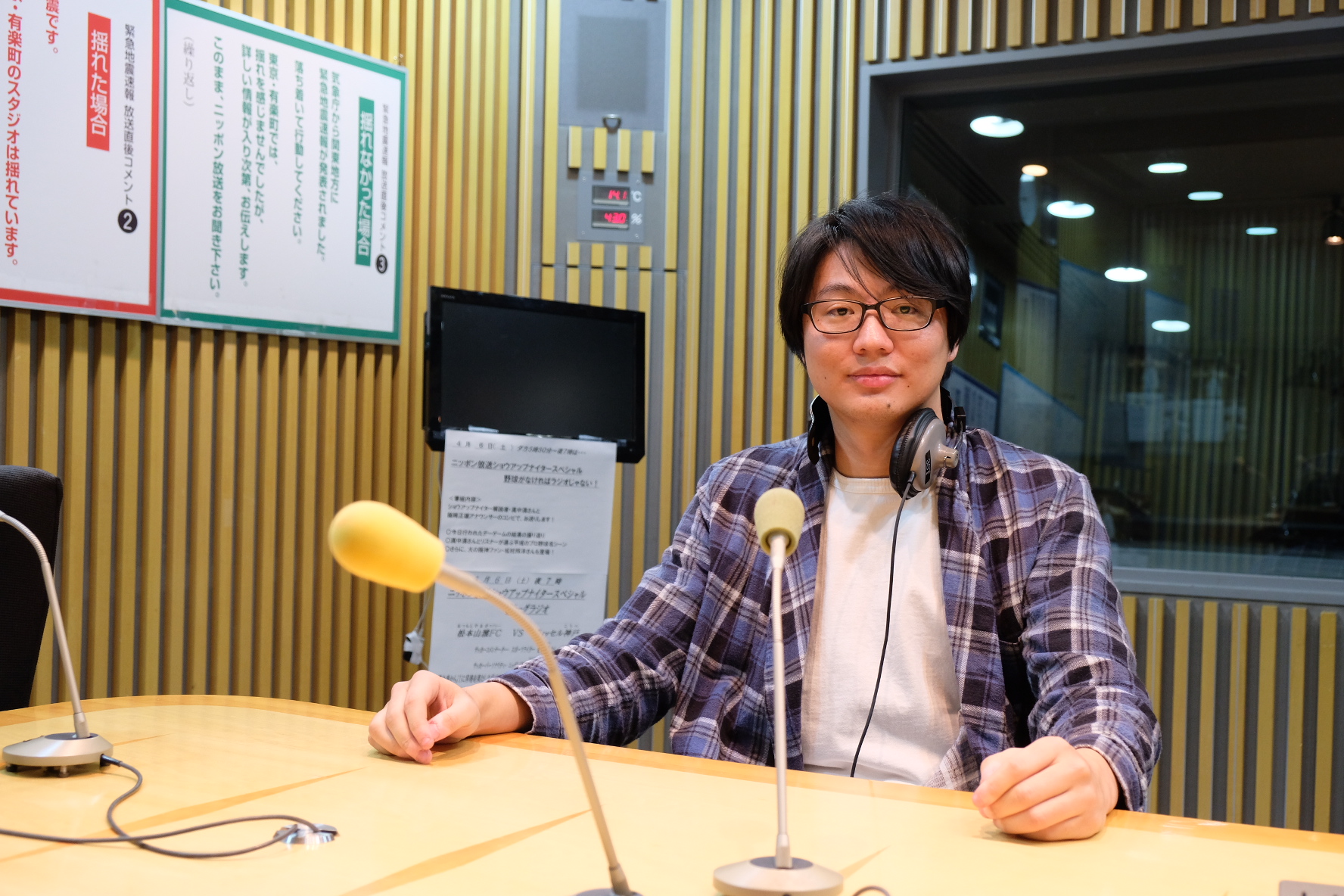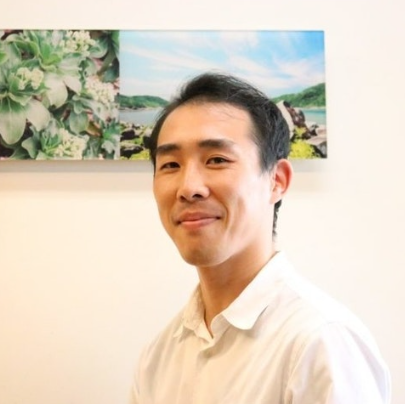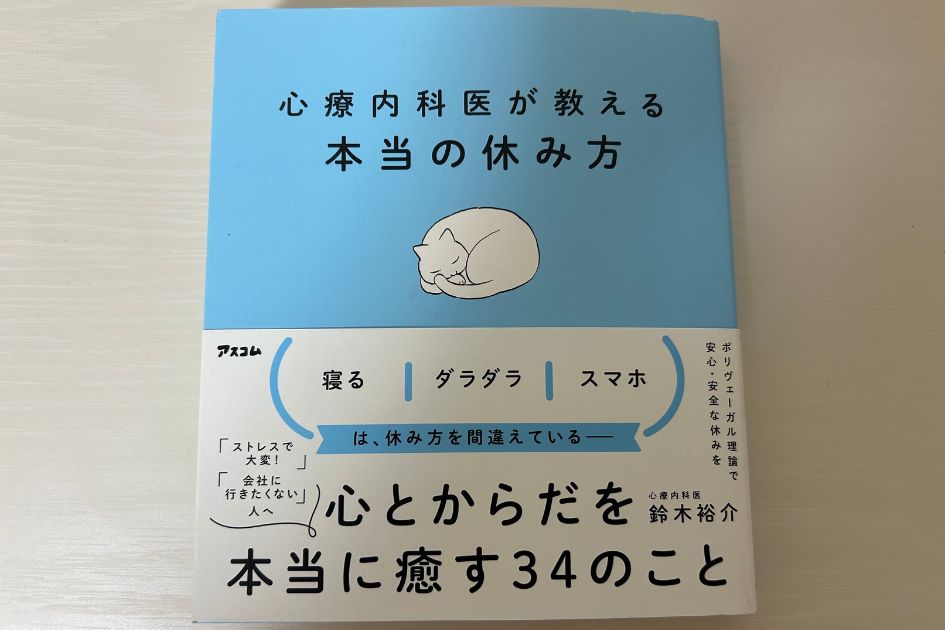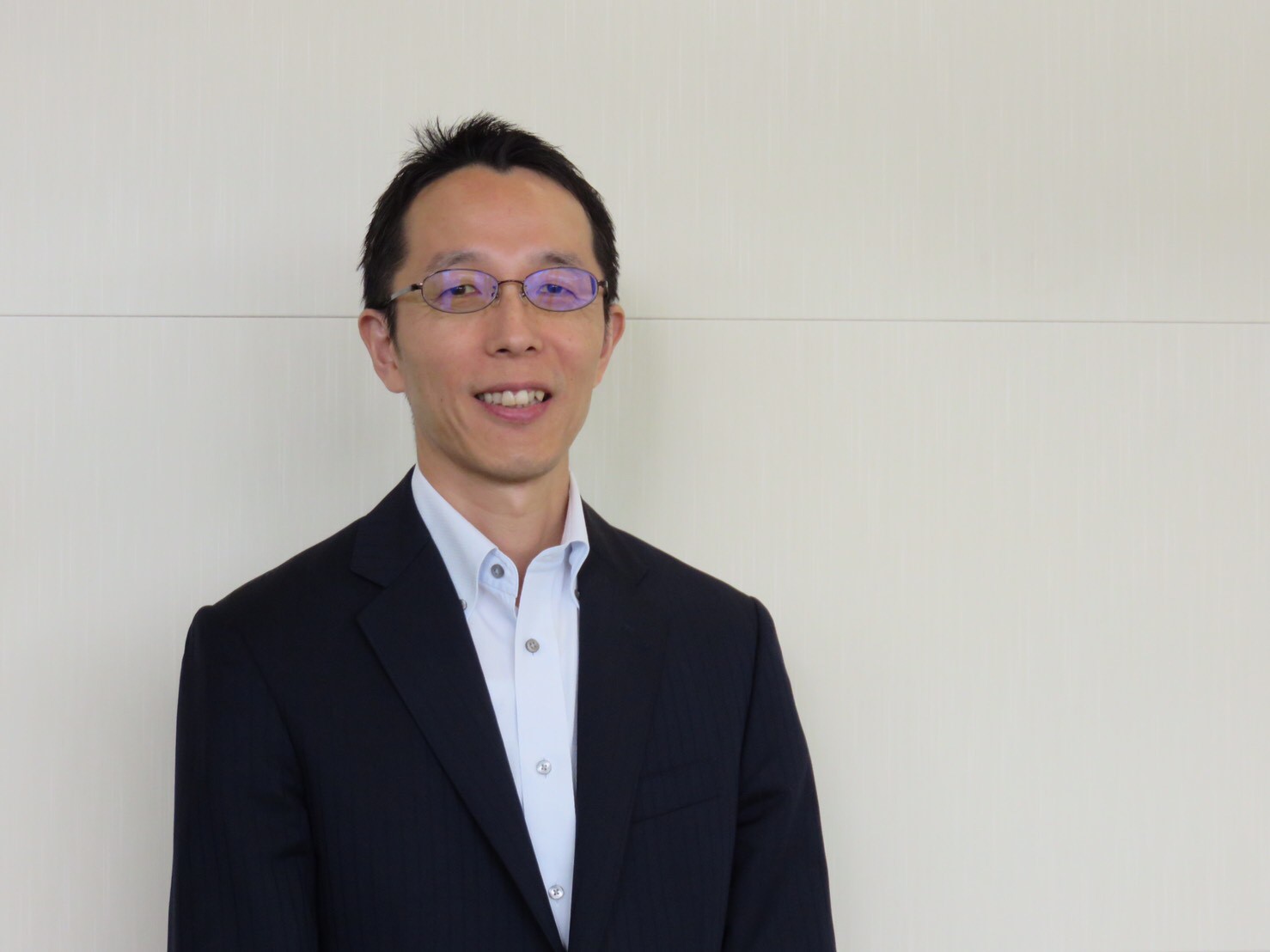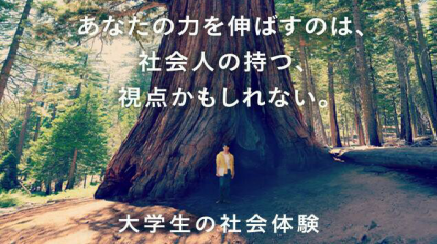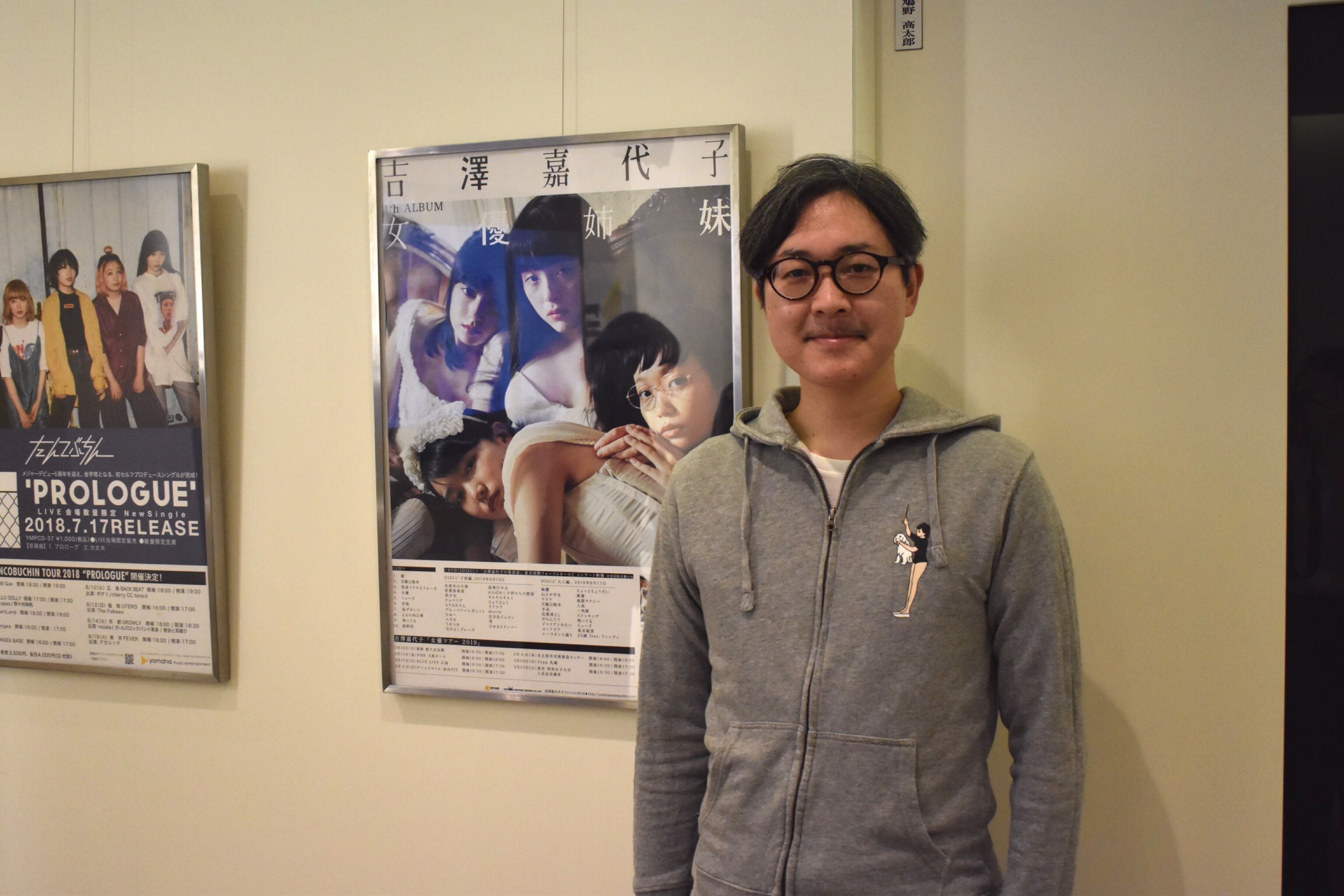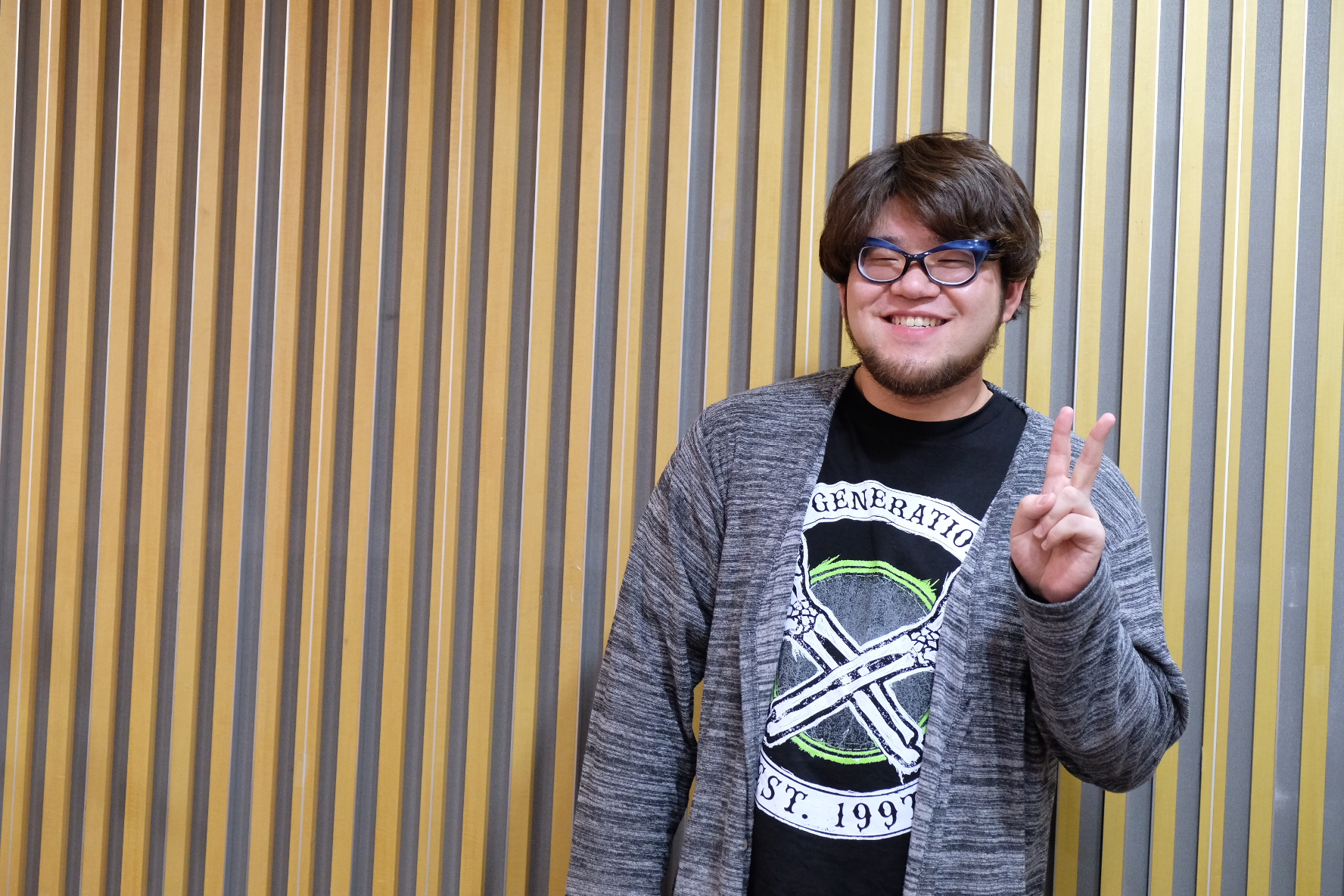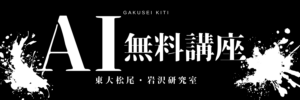The reporters at Tansa work as investigative journalists, faithfully executing their duties as journalists and uncovering injustices and truths.
日本語で読む(Read in Japanese):ジャーナリストを志す学生必見!不正と真実を暴く「探査報道」とは〜Tansa〜
| 【Tansa】 Tansa is an independent, non-profit newsroom based in Tokyo, specializing in investigative journalism. In uncovering and revealing buried truths, Tansa believes in journalism as a means to improve the lives of sufferers rather than to pursue business interests. It is the only Japanese member of the Global Investigative Journalism Network (GIJN). Website: https://tansajp.org/ |
目次
Investigative Journalism as a Professional, Socially Impactful Work
ーWhat made you decide to become an investigative journalist?
Tsuji-san: I wanted to choose an occupation through which I could deliver news on topics of significance in an impactful manner by thoroughly investing time and resources in doing so.
【Mariko Tsuji】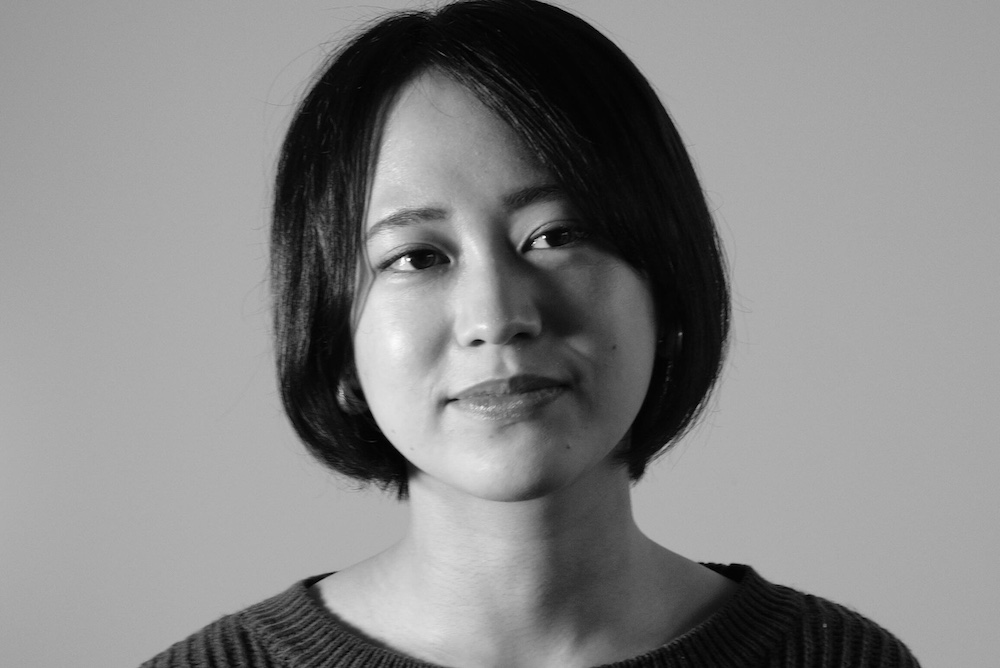 A Waseda University graduate. She works as a reporter for Tansa and Toyo Keizai in hopes of causing a change in society to halt unjust oppressions. |
Nakagawa-san: I came across the concept of social entrepreneurship while at university and developed an interest in making the world a better place. Upon graduation, I got a job at an international NGO but found the differences in journalistic attitudes between Japan and the rest of the world unsettling. I came across Tansa while preparing for a study abroad majoring in journalism. Impressed by its pursuit of truth, I began my work in investigative journalism.
【Nanami Nakagawa】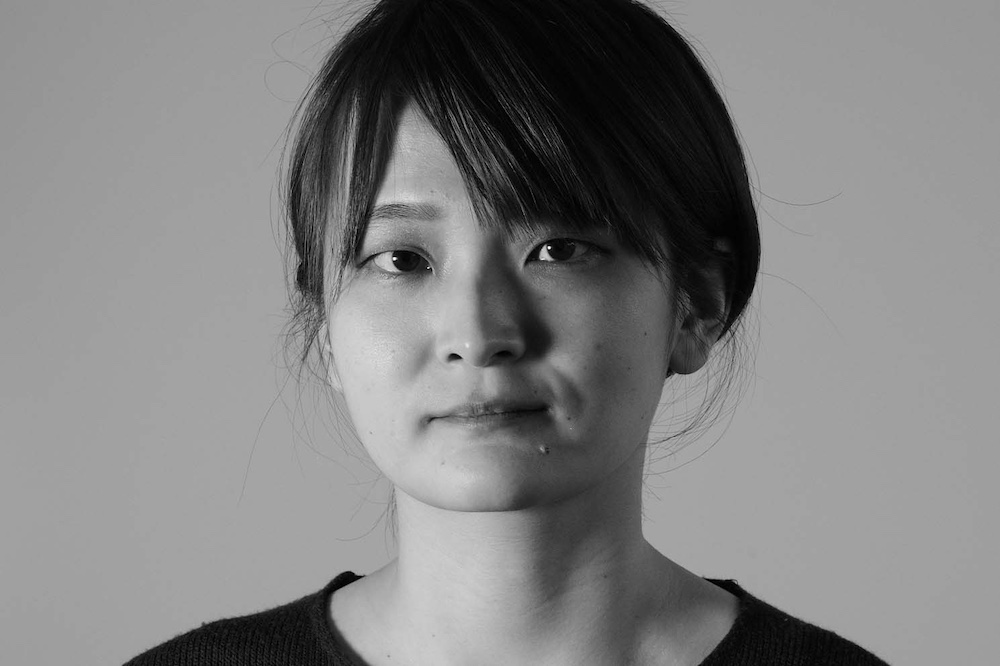 A Tansa reporter since 2020. Her work includes “Abandoned at Futaba Hospital” and “Polluted with PFOA.” Upon graduating from university, she had worked at Ashoka, the largest network of social entrepreneurs in the world. |
Watanabe-san: I used to work at Asahi Shimbun but was not comfortable with their reporting. Specifically, Japanese mass media companies belong to the Kisha clubs (a group organized to continuously attain information from government institutions and corporations) and simply relay the information given by the government or police in their reporting. In contrast to that, investigative journalists would find the source themselves.
There are departments specializing in investigative journalism within newspaper companies, but they are hardly active. On top of it being time-consuming, companies cannot criticize corporations that provide commercials and advertisements for them. Also, investigative journalism comes with added responsibilities because we must specify that we are the ones who found the information being referred.
In the age of the internet when anyone could work as a citizen journalist, the only job left for professionals is investigative journalism. We at Tansa work in a field where journalists are needed.
【Makoto Watanabe】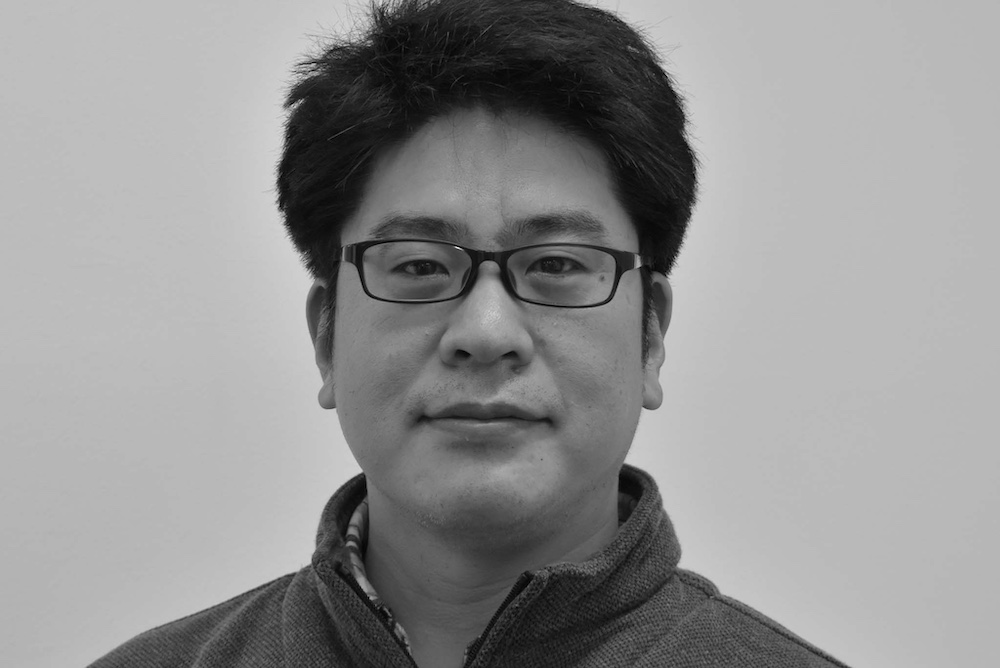 The editor-in-chief at Tansa. His work covers a broad range of topics, including unsolved cases, collusion between pharmaceutical companies and doctors, and political corruption. He had worked at Asahi Shimbun since 2000, having transferred from Nippon TV, and had experiences in investigative journalism there. |
ーHow is investigative journalism done?
Nakagawa-san: We first start with things that stand out to us in our day-to-day lives. While looking for similar news stories in the past and reading related materials, we would come across possible victims and causes.
Tsuji-san: We would also use pieces of information provided to us as a start. Also, we think of information not given in news stories we see or read. This is especially true for small articles in newspapers because they tend to lack thorough research.

Watanabe-san: When looking for truths and evidence using hints for a start, networking is essential. Investigative journalism requires that we bring to light things that are deliberately hidden. We must dive into organizations to obtain evidence. We try to build relationships with righteous people who can speak out when frauds or damaging activities arise.
Evidence is a Powerful Weapon
ーWhen do you feel the most fulfilled in your work?
Tsuji-san: I feel tangible fulfillment when the government takes action guided by our reporting. For instance, we have a pharmaceutical money database project aimed to increase the transparency of the movement of money from pharmaceutical companies to doctors. There was an investigation in the diet hearing using the database. When the government takes action, I feel good about my work.
Nakagawa-san: When our reporting reaches many people. We can reach both victims and actors of frauds, as well as society at large. There is not a lot of work contributing to the betterment of the society unlimited by location or target group.
Watanabe-san: It makes me feel good when thanked by sufferers of injustices. It is also rewarding that a small organization like Tansa could win against large corporations. In investigative journalism, truths we have uncovered become a very powerful weapon no matter the size of the opponent. For example, in Journalism for Sale, a trillion-dollar advertising agency apologized to shareholders and made organizational changes due to our reporting. That we can challenge large opponents is unique to investigative journalism.
Building Trust to Fight Cross-Border Injustices
ーTansa’s reporting expands worldwide. How do you work with reporters and organizations abroad?
Watanabe-san: Any organized fraud crosses borders, and we work together to fight the corporations involved. We collaborate to complement each other in terms of networking because media organizations tend to have strong ties within their countries.
We encounter media organizations from other countries through global conferences where investigative journalists gather. The decision to collaborate is made by meeting face-to-face and determining whether our partners are trustworthy through conversations.
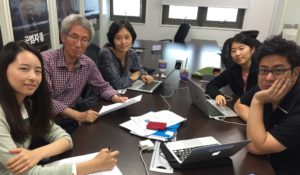
A meeting with Korean media
When investigating the coal industry, we collaborated with Indonesian media. Being based in Indonesia, they knew or had access to the vice president or the police. With Japanese corporations involved in the industry, on the other hand, Japanese ties are required, which Tansa could provide.
ーWhat weaknesses do Japanese journalism have when compared to other countries?
Watanabe-san: Japanese reporters are company employees rather than journalists. Usually, in journalism, we value the ethics of serving the public’s right to be informed. Japanese reporters, however, tend to prioritize not disobeying the companies to which they belong.
Tsuji-san: I am concerned that Japanese journalism has become an inner circle of a sort. For instance, when I went to a press conference at the Ministry of Finance for Tansa, I was asked by reporters from other newspaper companies whose permission I had to be there. It seemed as if they were one with the government, being in the Kisha club. I sometimes wonder if they are properly doing their jobs as journalists.
Taking on Challenges in Investigative Journalism with a Sense of Justice Amid a Decline in Mass Media
ーThere are many students aspiring to be journalists. What qualities make someone a good investigative reporter?
Watanabe-san: A good investigative reporter is someone who can pave their own path, who would choose not to hunt for jobs like everyone else. The future of newspaper companies is not very promising due to the internet. In my opinion, many newspaper companies will not be here in ten years. Working in newspaper companies is a good opportunity if you wish to gain experience in the field or learn while receiving a salary, but it will be difficult unless you have plans for the future. Journalists are being asked whether they can take on challenges even in the midst of a drastic change.
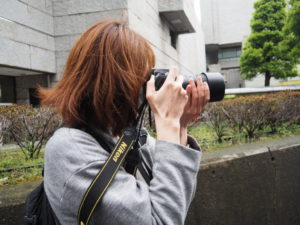
Nakagawa-san: Investigative journalists are those who cannot forgive injustices and wish to contribute to the betterment of the world. If you can truly find joy in that, you would make a good investigative journalist.
ーAny words for university students?
Watanabe-san: Nowadays, it is very different from the time when we all scrambled to get a job at famous corporations. Especially for media, now is the time to pave a new path. You should challenge yourself in anything that you do.





